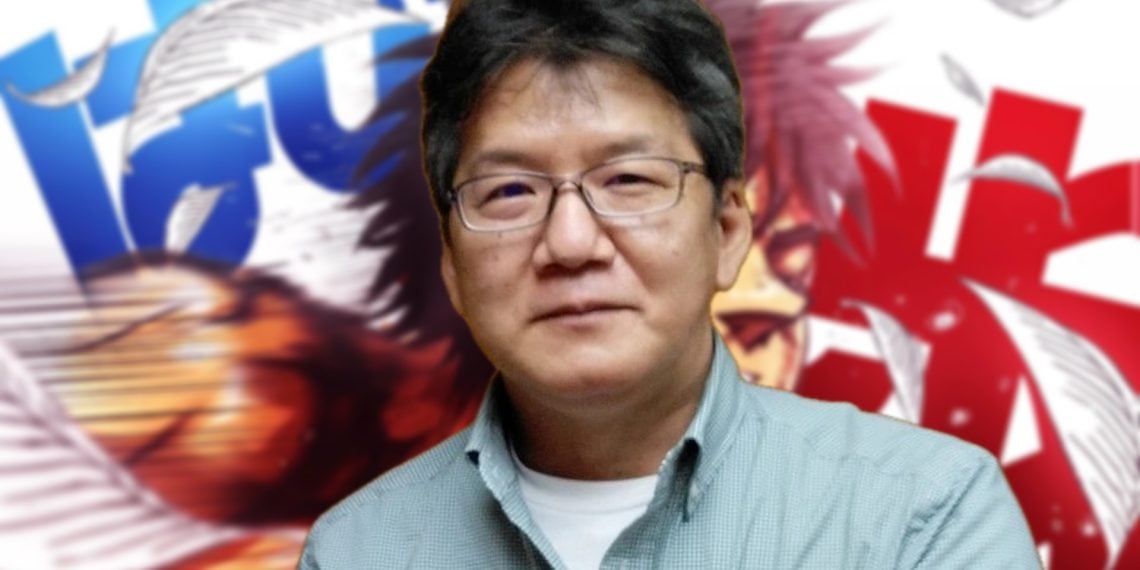Manga artist George Morikawa has reiterated his firm stance supporting the authoritative rights of those who originally authored creative works. In a recent social media post, Morikawa passionately advocated for protecting the vision and ownership of the primary creators of manga, novels, films, and other artistic mediums.
“The creator’s right to assert their creative direction is unconditional and incontrovertible,” Morikawa declared. His message serves to galvanize fellow artists to uphold their essential rights, regardless of controversy or external pressures that may question their authority over their own works.
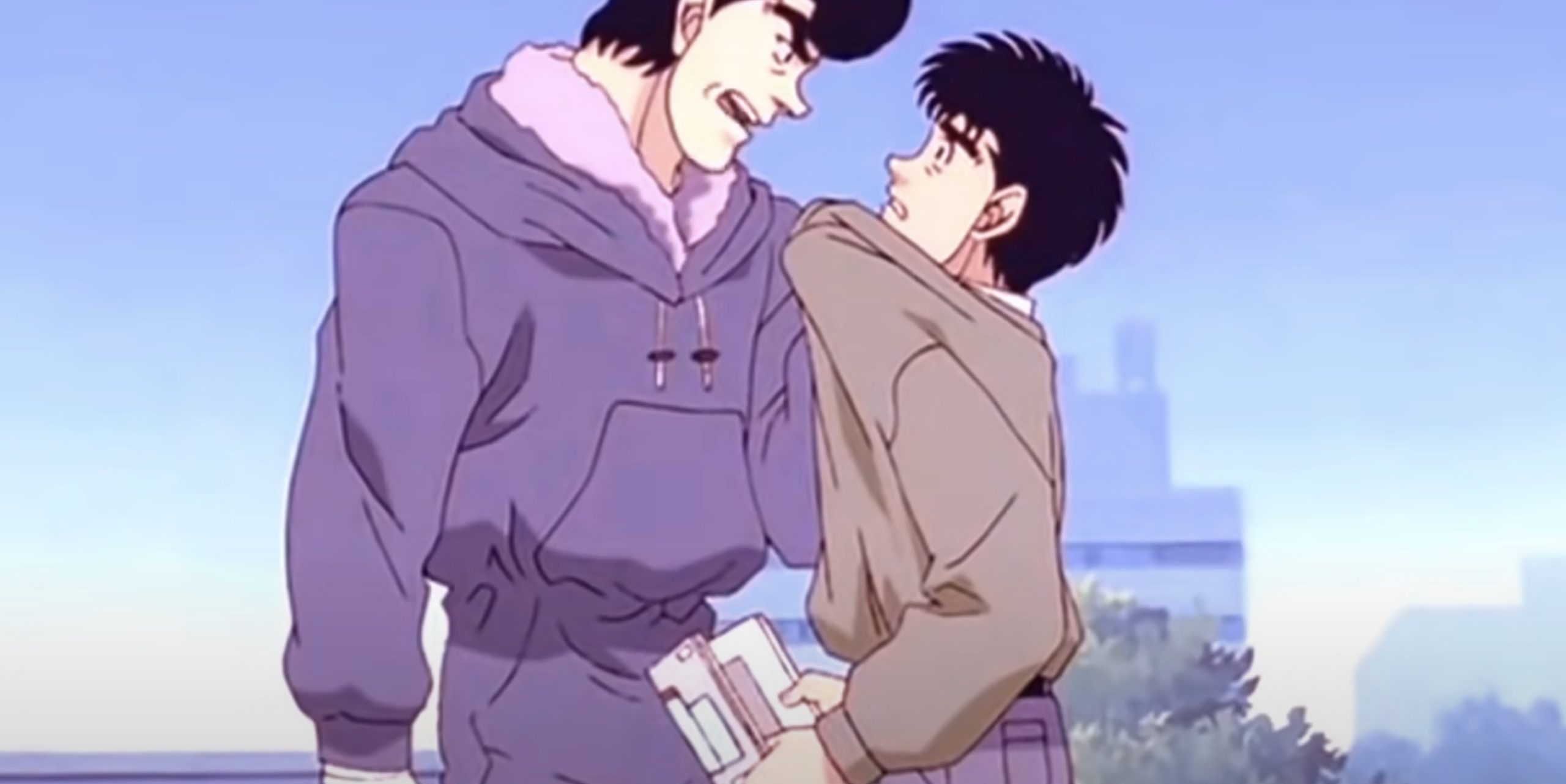
Morikawa emphasized that established laws exist to safeguard the proprietary rights and decision-making power of original authors over their creations.
Furthermore, as the singular party privy to a work’s complete narrative, only the original creator can dictate its ultimate trajectory. “That integral knowledge is why their authority is absolute,” Morikawa stated.
原作者が絶対という理由。
以前に引き続きこれもこれからの漫画家さんへです。
炎上しても作家が絶対と言い続けてきました。
漫画家に限らず小説、脚本等の一次創作著作者の権利は法で保障されています。
そして大事なのは未来は原作者しか知らないということです。
だから絶対なのです。…— 森川ジョージ (@WANPOWANWAN) February 7, 2024
His statements reaffirm his convictions about empowering original artists to exercise their legal rights to maintain autonomy over their creative properties without compromise.
This enables them to fully manifest their vision without interference, just as Morikawa has staunchly fought for throughout his own acclaimed decades-long manga career.
George Morikawa On Preserving Creative Vision
Morikawa expounded that while audiences and collaborators have visibility into a work’s established narrative, only the originating creator possesses an intimate knowledge of its unwritten future.
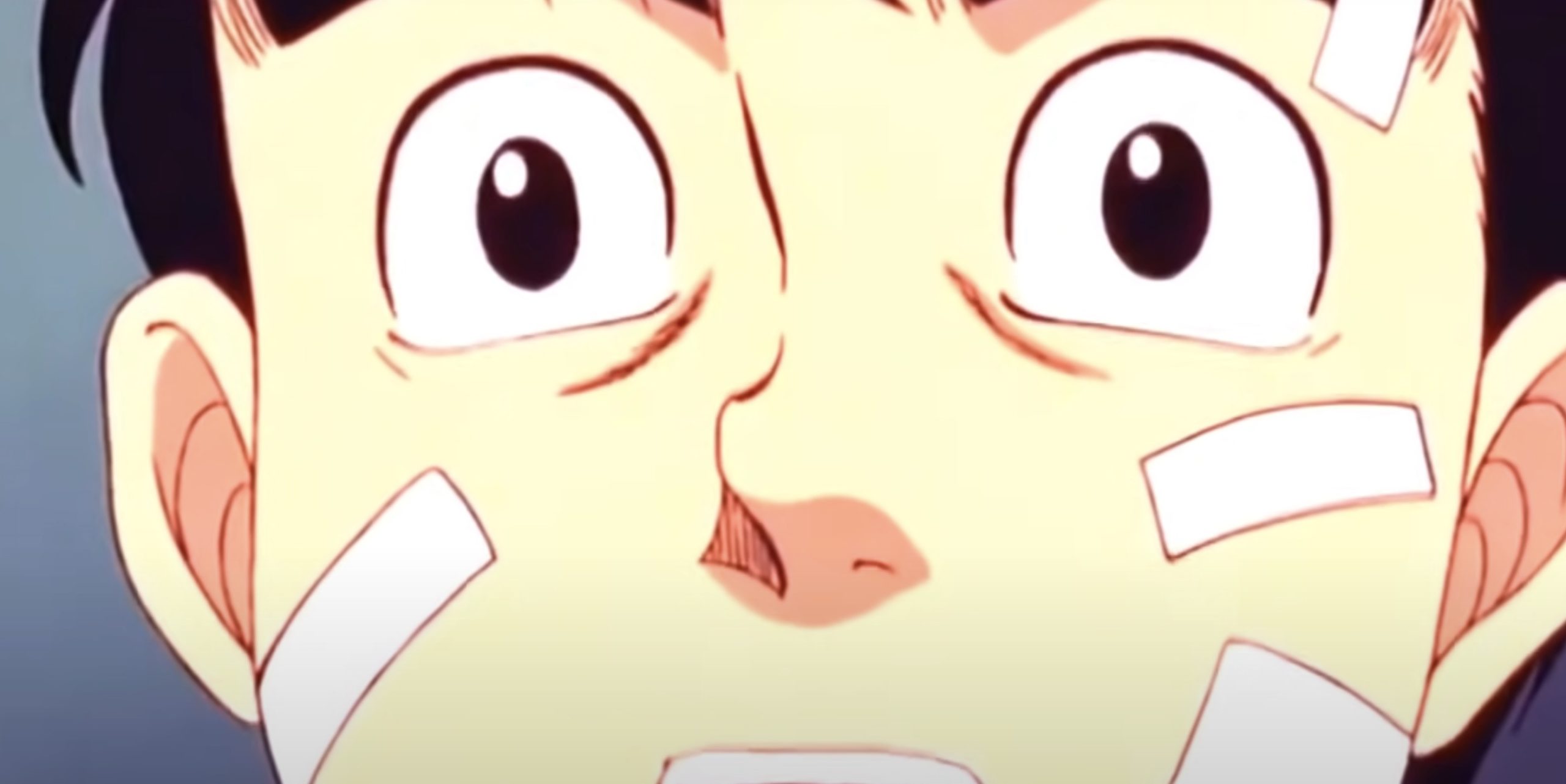
“What readers and even editors or adapters see is confined to the past. The original author alone visualizes the uncharted world to come,” he remarked regarding ongoing serialized stories.
Furthermore, according to Morikawa, external interventions based solely on backward-looking interpretations could detrimentally impact both present integrity and future direction.
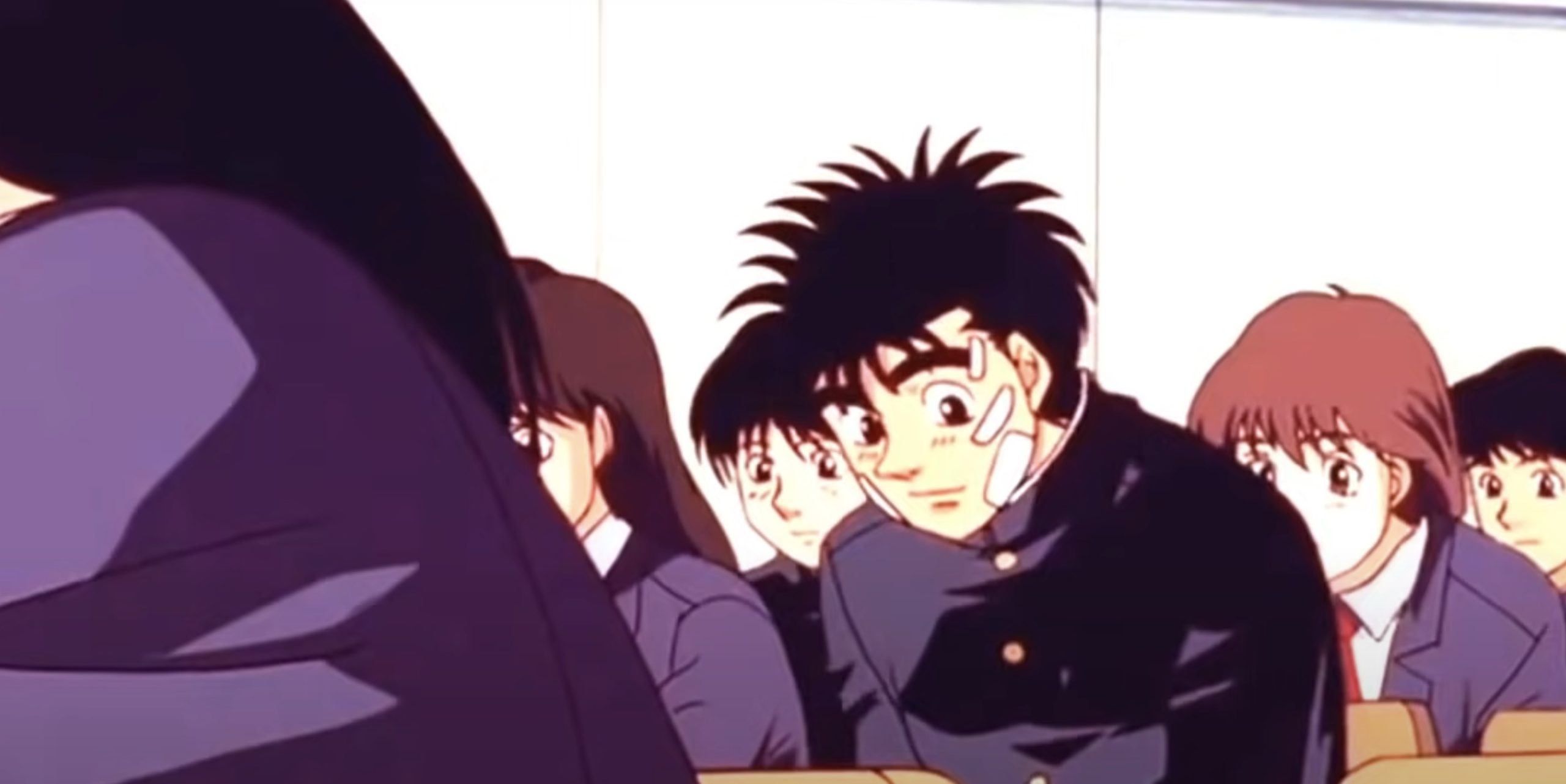
“Past alterations and adaptations may erode the existing foundation and distort the intended journey ahead,” he cautioned.
Morikawa advocated for open, thoughtful discussion among creators, editors, and partners. “What we need is not domination but mutual respect, gratitude, and courage to voice concerns,” he said.
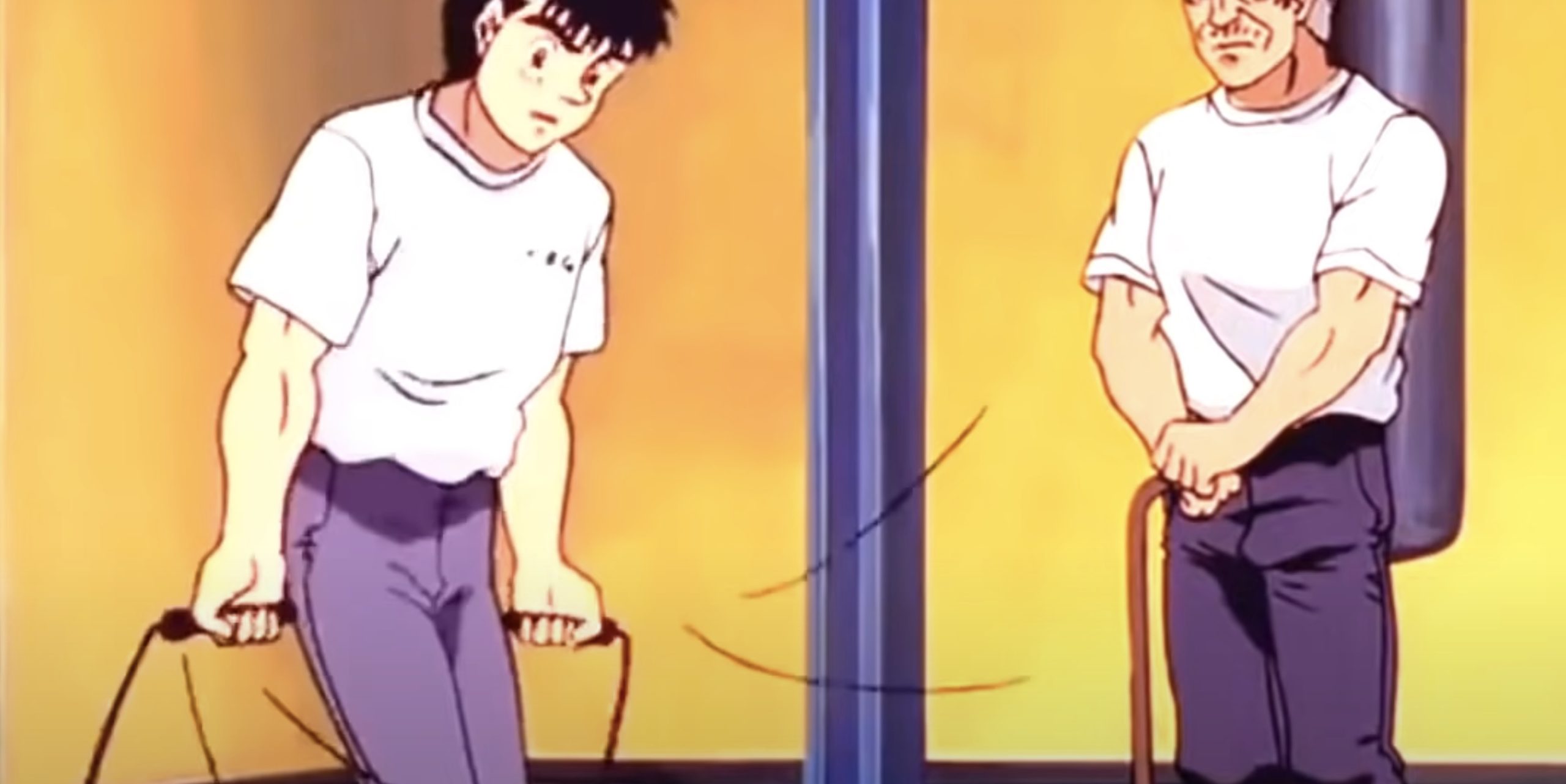
He called for a collaborative culture celebrating the creative process rather than imposing limitations upon it.
In closing, Morikawa passionately asserted, “It is unacceptable for eagerly anticipated futures – both authors’ and audiences’ – to be unduly influenced or lost at the hands of those solely familiar with the past.
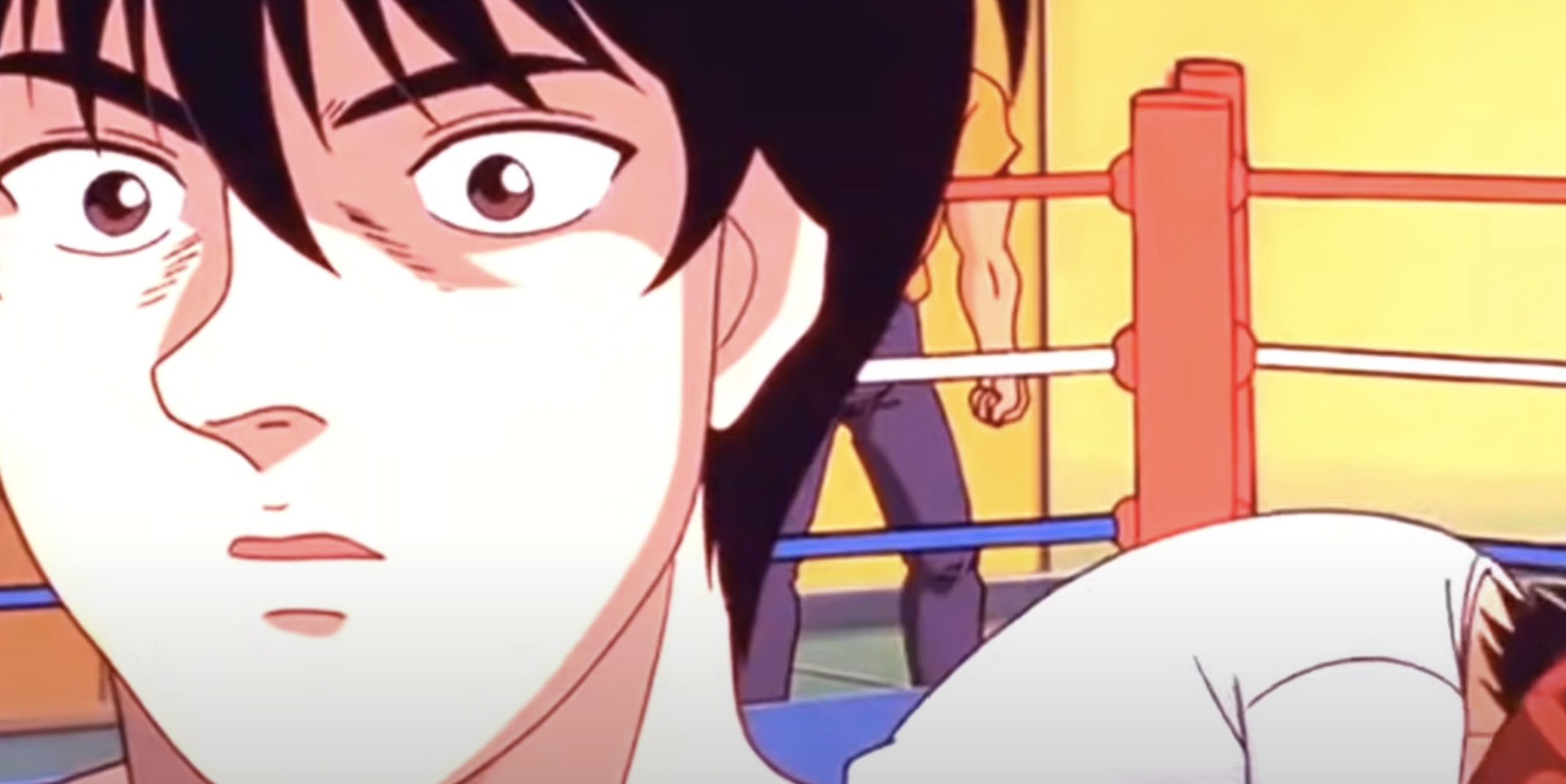
Protecting the full vision rests uniquely with the original creators.”
His statements uphold empowering authors to chart the complete arc for their works without compromise.
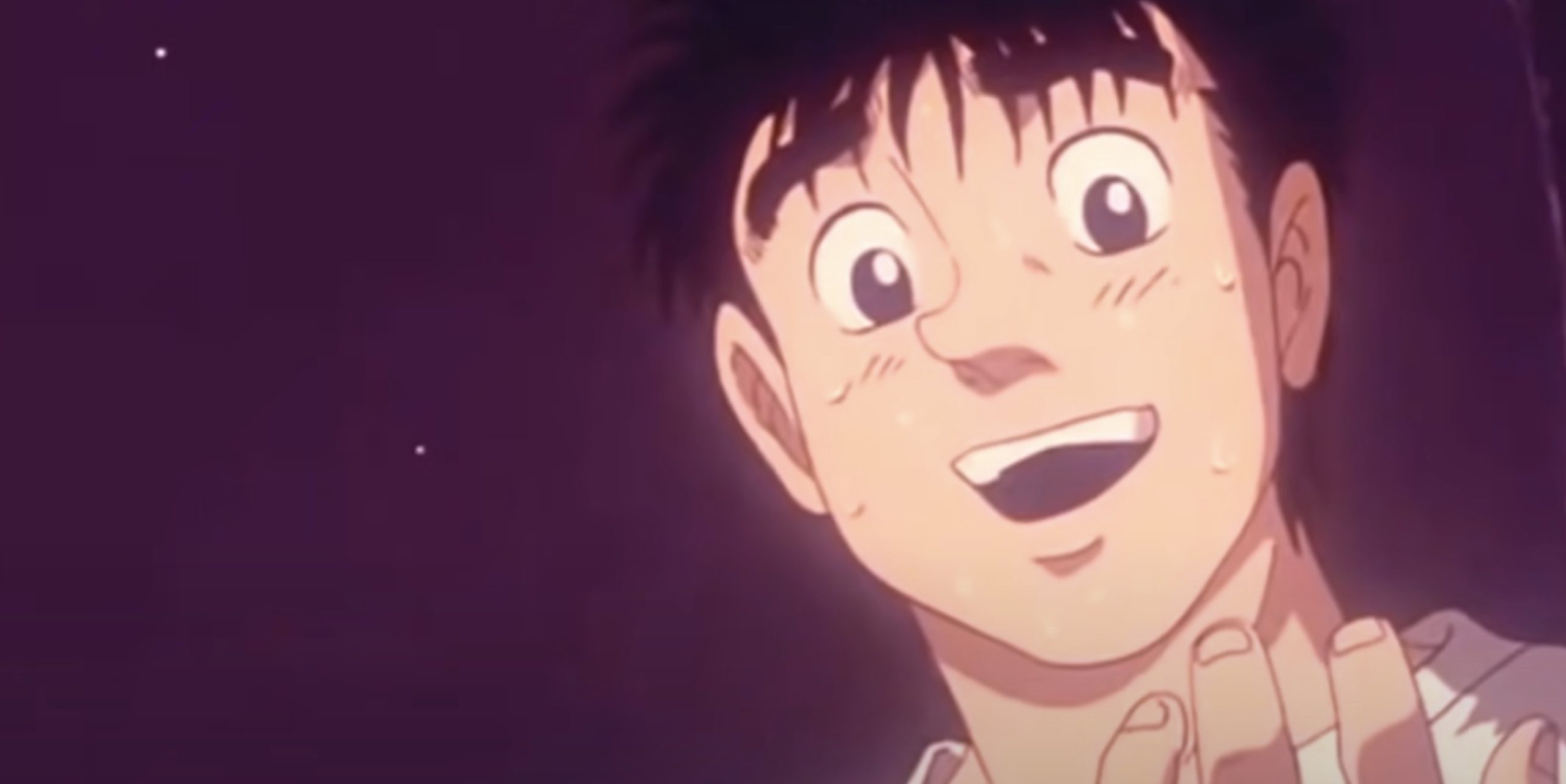
This enables the full intended story, yet to be told, to manifest unencumbered by externalities that cannot see beyond what already exists.
Upholding Creative Integrity in Adaptations
Moreover, Morikawa spotlights authors’ prerogative in determining their works’ fate, including refusing adaptation options – a decision he firmly states rests solely with the originating creator.
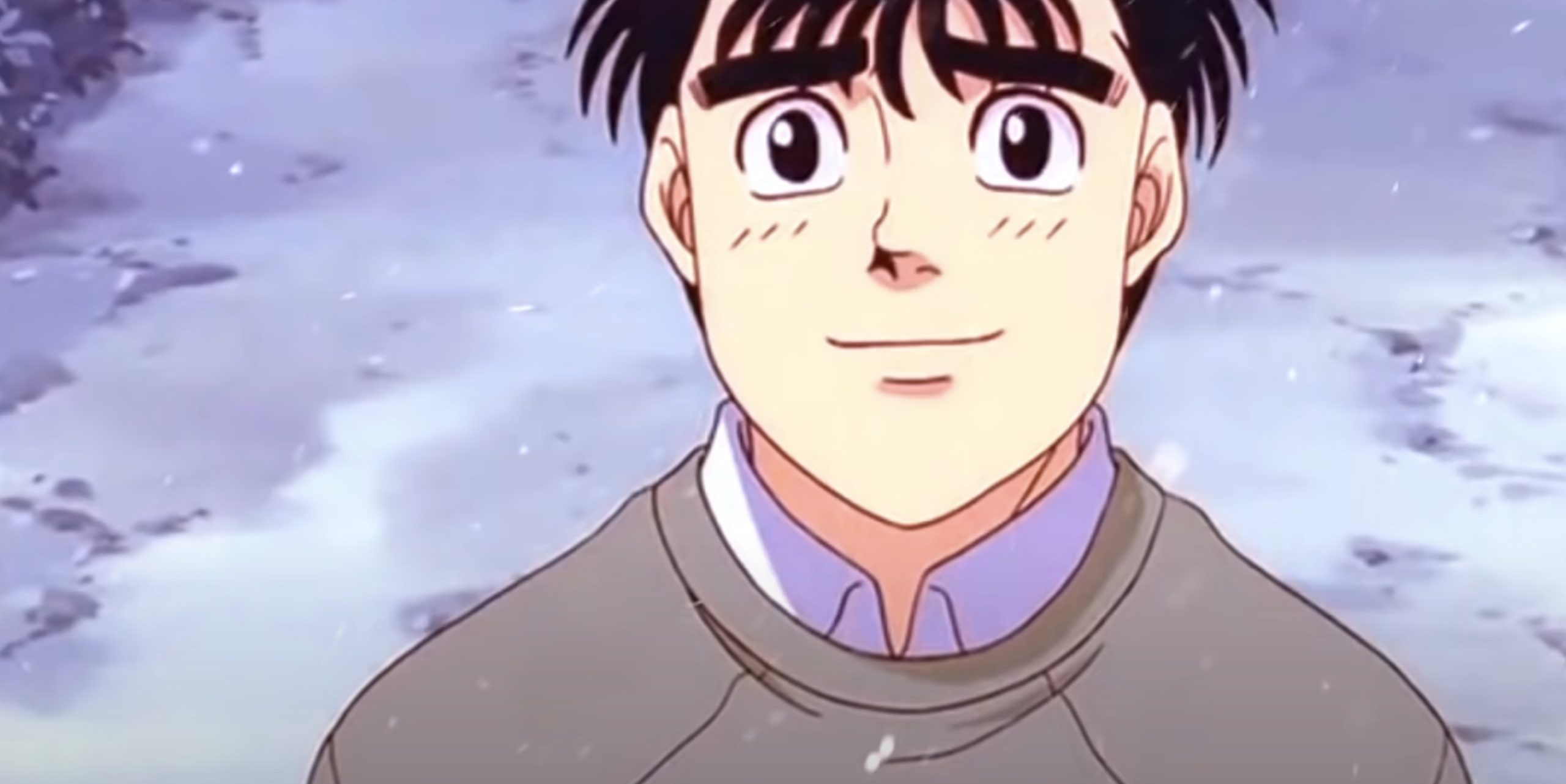
“Productive discussions may shape better futures, yet choices like forgoing media adaptation belong unconditionally to the original author. This authority too is absolute,” Morikawa asserted.
While steadfast in his convictions, Morikawa simultaneously acknowledged, “I may seem forceful and arrogant, but these are my personal views – I don’t declare infallibility.”
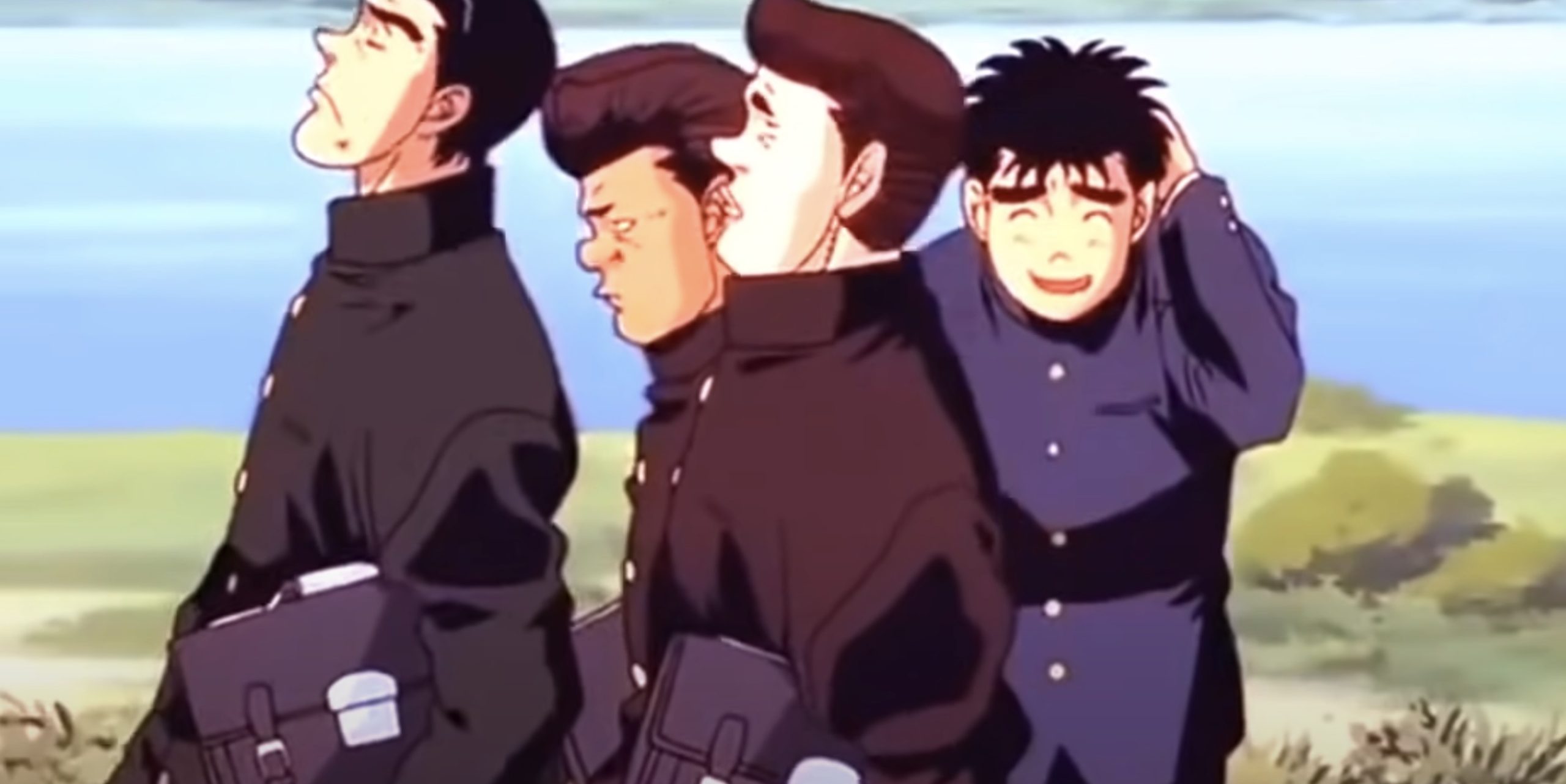
He expressed hope that his hard-lined stance might reassure creators facing similar crossroads.
“Though rightfully empowered, upholding one’s creative vision solo can still feel daunting,” Morikawa acknowledged. “When original authors encounter hardship, don’t let them withstand it alone.”
Author Higa Aloha, who previously put her Polar Bear Cafe manga on indefinite hiatus after a lack of profit-sharing from its anime edition, signal boosted Morikawa’s sentiments.
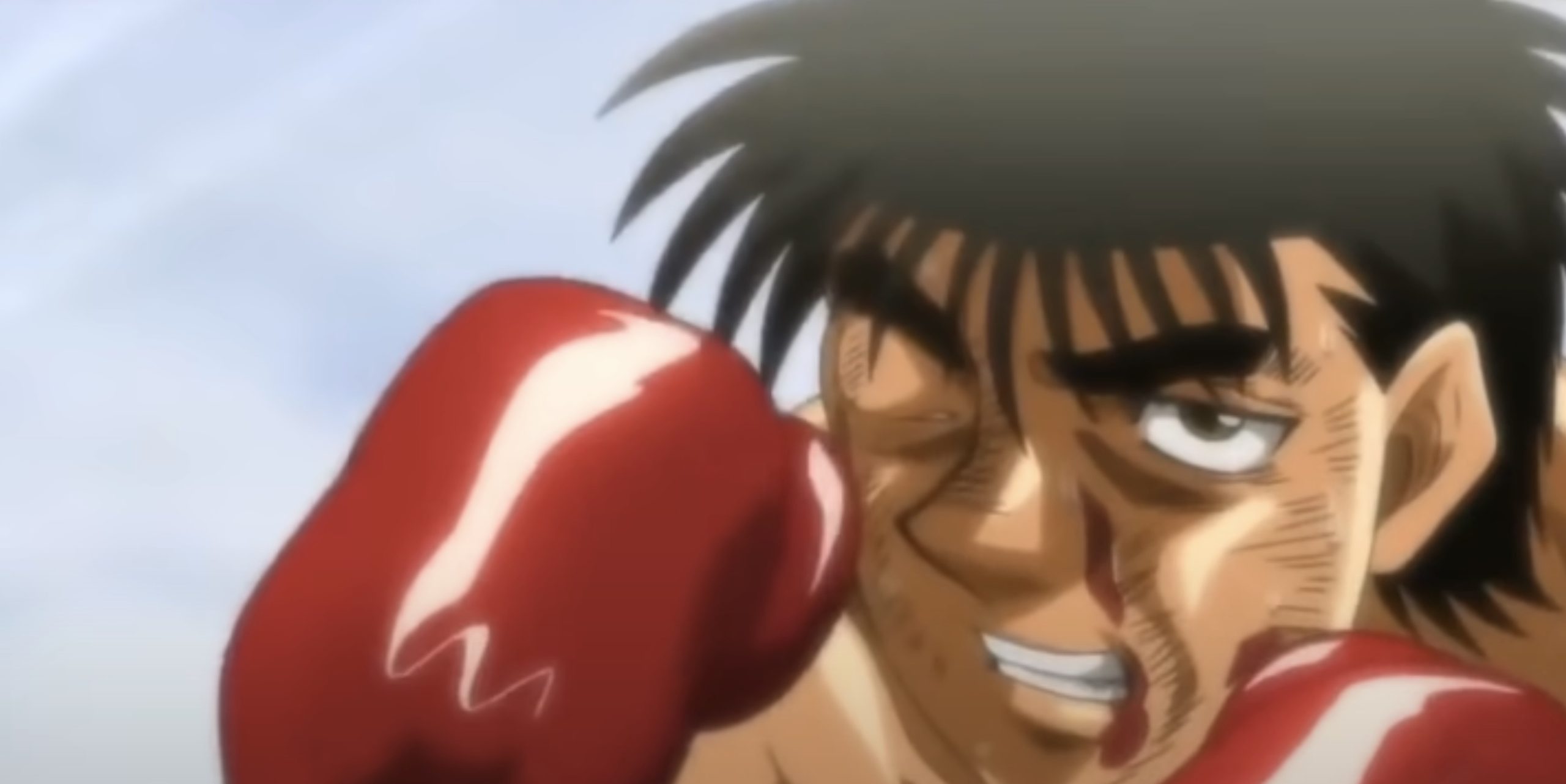
Higa’s case underscored creators’ frustrating lack of input regarding adaptation decisions that impact their works.
Morikawa’s comments also come on the heels of manga artist Hinako Ashihara’s passing. Ashihara similarly faced problems with her manga’s live-action TV adaptation, against which she consistently voiced objections regarding deviation from her vision.
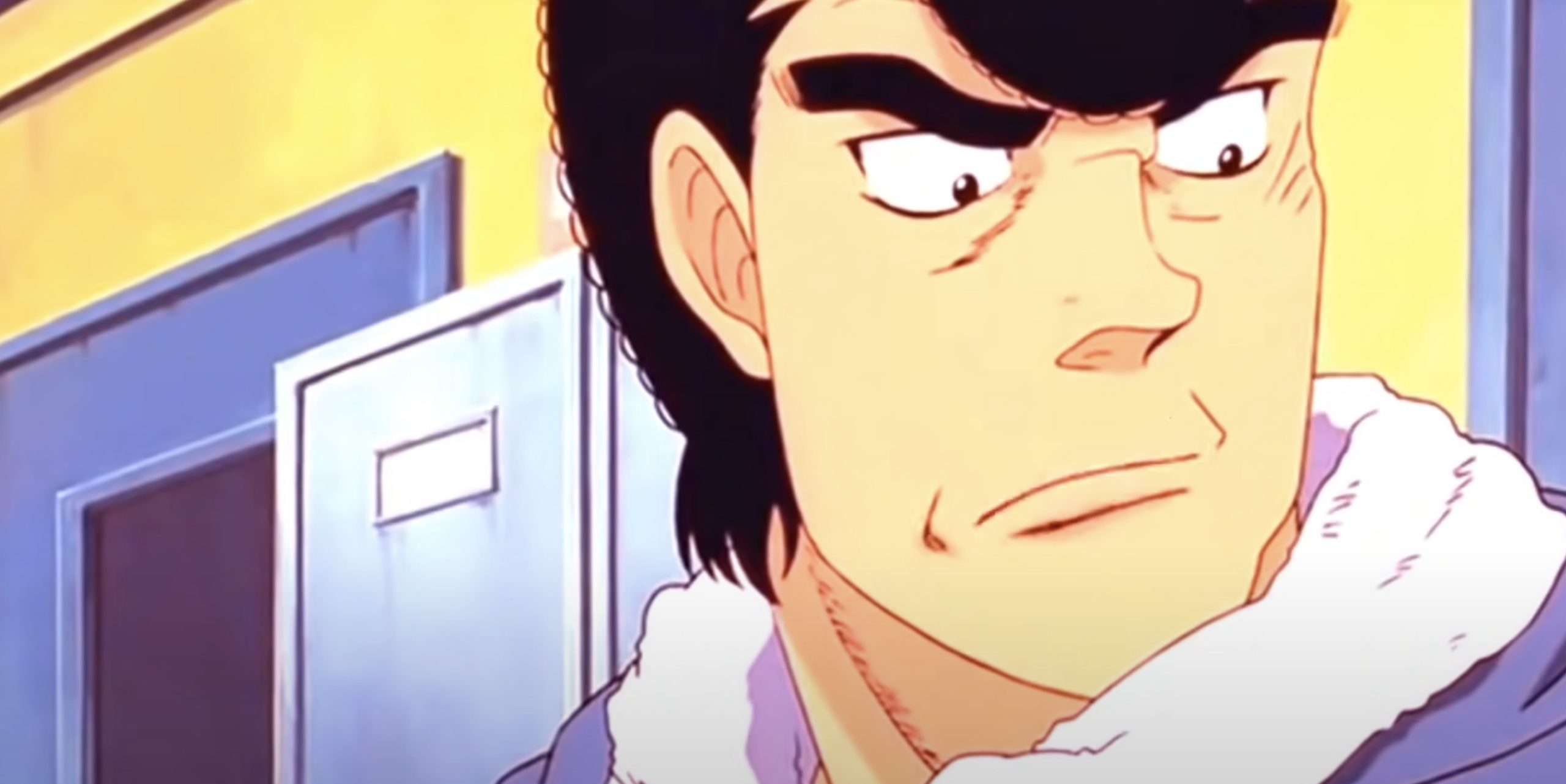
His statements advocate not just for creators’ legal rights, but for solidarity among authors, editors, and partners to empower original visions to fully manifest beyond the page without undue compromise.
More About George Morikawa
Renowned Japanese manga creator George Morikawa is the author behind the long-running, acclaimed boxing series Hajime no Ippo, which has spawned anime TV, film, and video game adaptations since debuting in 1989.
Born in Tokyo, Morikawa’s passion for manga artistry ignited in grade school after reading Tetsuya Chiba’s baseball manga Harris no Kaze, inspiring him to pursue the creative path.
Prior to helming his signature Hajime series, Morikawa worked under automotive manga artist Shuichi Shigeno as an assistant. Morikawa also previously mentored now-famous manga artists Kentaro Miura, creator of the dark fantasy series Berserk, and Kaori Saki.
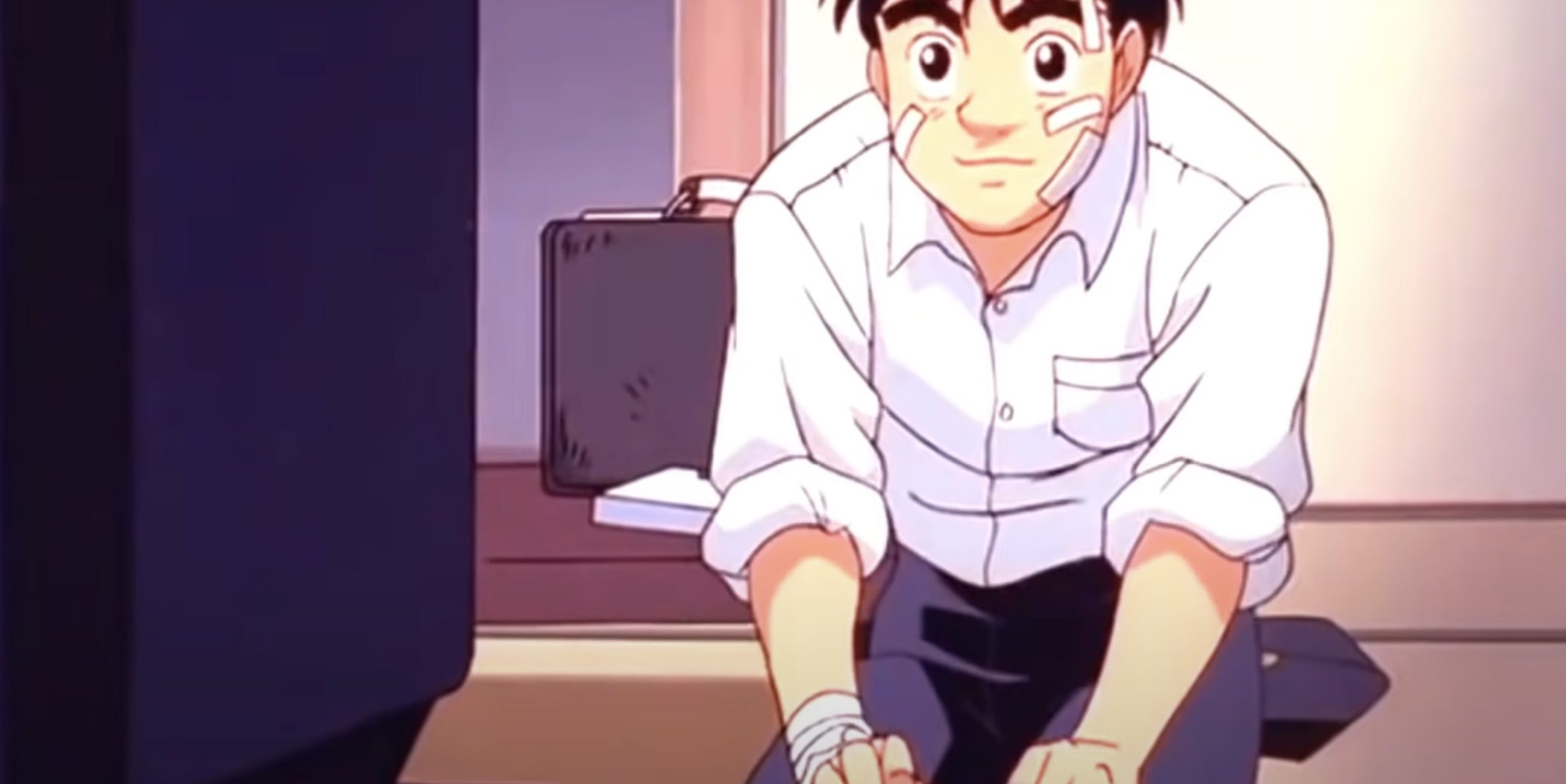
Over his decades-long career, Morikawa has become an internationally respected voice within the manga community, beloved by readers for his dynamic boxing saga rich with complex characters and high-energy match visuals.
Through public commentary and creating Hajime no Ippo, he consistently advocates for upholding creative integrity and artists’ rights.


